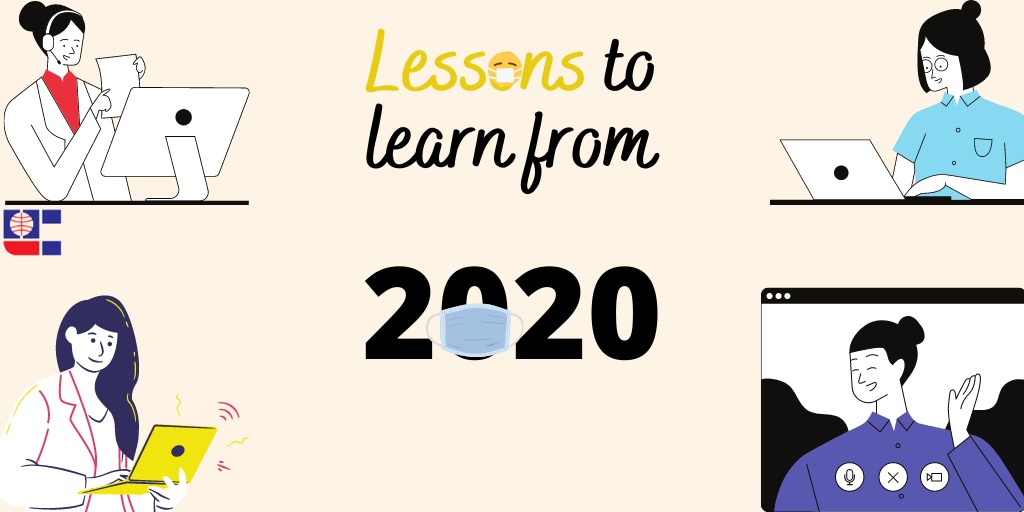Is there a way to advance your career even when you are not a manager, the BOSS yet? Career-advancement is a topic which often just relies on titles and the number of rungs one has climbed on the corporate ladder. In such a scenario when titles on paper matter so much, one might end up feeling stagnant even though the value one attaches their work is high.
Some people might be quite content with their current roles and they might be fearing a certain stagnation; they might be thinking: is this the limit to what one can do before their nature of work changes? Is there no way to continue doing the work they love and still advance in some other way?
Take for example a journalist who might enjoy reporting, and might be fearing the supposedly higher position of an editor where they will have to put a stop to their regular reporting, and actually manage teams and departments. Or a salesperson who loves to interact with clients and engage in selling, and as they become managers, they have to forego the sales part and end up handling administrative responsibilities.
There are many people who might be willing to take up a new challenge and yet, also might be fearing the new kind of responsibilities that come with such a higher, management position.
Is there a way to get over the stagnancy, to advance, without having to embrace a managerial position?
Is there a way to advance in your career even if you aren’t the boss yet?
Turns out there are a few ways. Let us take a look at a few of those.
Look for In-Role Growth:
When a promotion to a managerial position seems to be on the horizon, it is a good idea to talk to your seniors and mentors within the company and be honest about your values and what kind of advancement means more to you. There are roles and opportunities which can be tailored especially for you. There are roles like an in-bound consultant and/or the expert, where you can have a ‘promotion’ within the role, get around the sense of stagnancy and yet continue to do the work that you value. All without or with very minimal managing to do.
A way to stay in the company, get promoted without having to take up a managerial position is to become a mentor or a trainer for new joinees. You will not only get to use your expertise, but also impart it to others. This can be as “satisfying” as the promotion you didn’t go for.
Looking Elsewhere:
You can be a ‘bigger fish in a smaller pond’, or you might as well look for a ‘bigger pond’. As an article by the Muse goes on to explain, one might need to take a leap and look for other options where there is scope for growth in other aspects. Growth and advancement in career can be found in:
- A leap to a bigger company/brand
- A leap to a bigger market
- An increase in your client pool
In simple words, it could be as simple as switching to a company that has a larger reach and more prestige. But if that sounds like a turning your back on your current company that has given you so much, and a risk at your well-earned independence, then the next option might look more pleasant.
Take the Independent Route:
If one feels that they have enough experience, networking skills and potential clients ready, a great step into career advancement is consulting. An independent consultant will have the autonomy and hands-on work to learn more and more on the job. They will have the liberty to pay attention to their work and their clients. At the same time, they will also have a better sense of control, as opposed to someone who might be on managerial position constantly needing to check on their team members.
And consulting is something that can be done full-time or part-time: it could become a side hustle, and eventually, perhaps a full-fledged retirement plan.
The position of the ‘the boss’ comes with its own perks and advantages. Some of us might be game for it, while some of us might be looking for growth and advancement in other ways. Some of us might be getting a little impatient and looking to overcome the sense of stagnancy. At the end of the day, it is all about being honest about the kind of work which has more personal value for you. It is about keeping the learning curve rising. Any kind of role, whether that of a managerial or non-managerial kind will have its own set of challenges; it’s up to us how we want to shape our career using those challenges.



